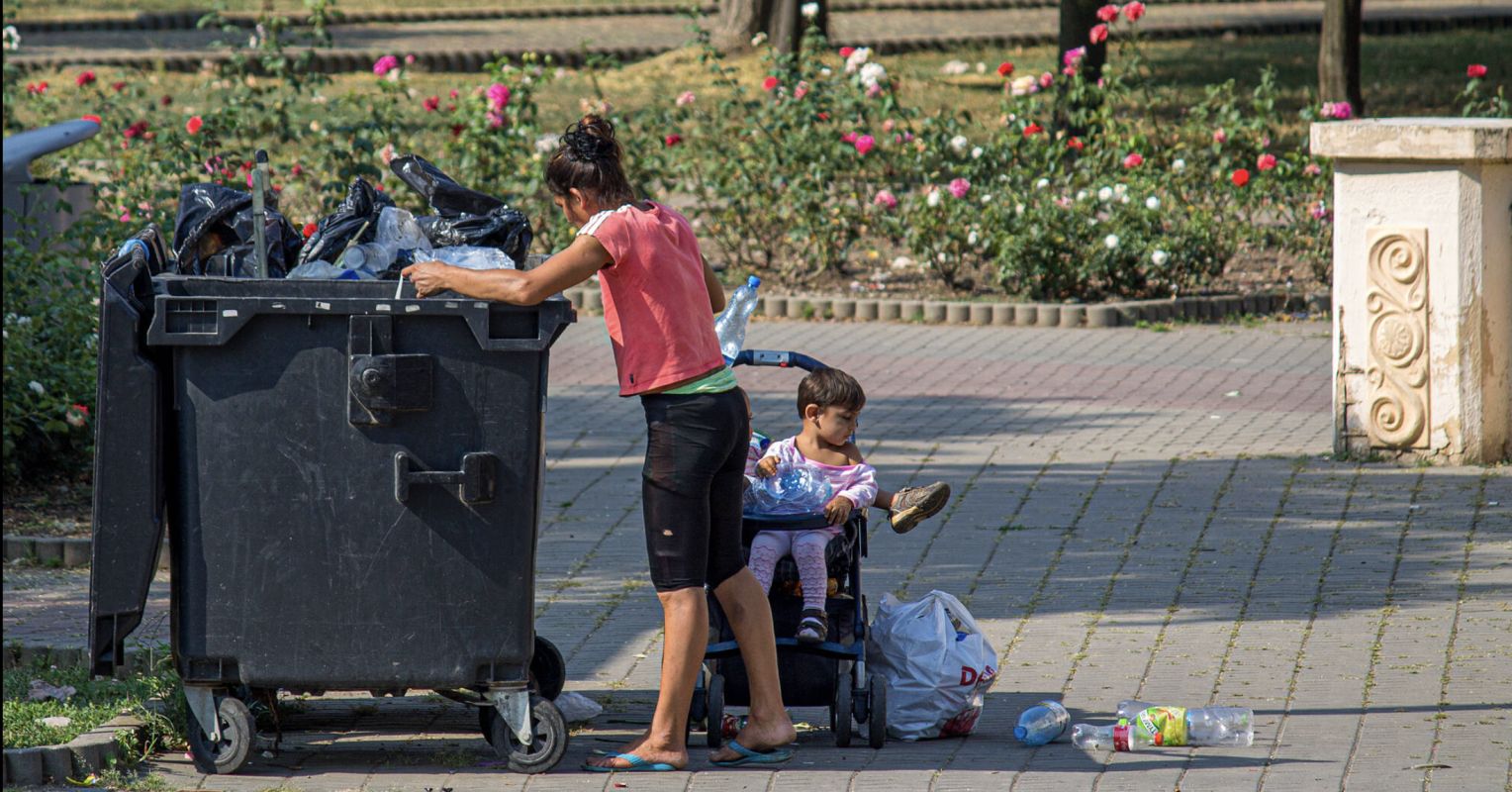
"Trauma Culture blurs the line between survival wounds and the ordinary pain of living. Even in unsafe lives, small daily hurts can deepen distress and block healing. Healing can begin by tending to small, manageable wounds that restore agency. Full healing means repairing what keeps hurting inside, not just surviving events. A few days ago, I had the honor of presenting my new book, How Deep Is the Wound?, in the company of a panel of incredibly talented clinicians at my alma mater, NYU."
"It was meant to be a conversation about what I call the Trauma Culturehow the concept of trauma has expanded beyond the clinical realm into our collective consciousness, shaping how we understand suffering, resilience, and even identity. As journalist Katherine Rowland put it, The concept of trauma has moved far past the realms of clinical treatment and become a part of the popular zeitgeist. More than 140 people attended, both in person and onlinean audience with deep concern about social issues."
Trauma Culture blurs the distinction between survival-level psychological injury and the ordinary pains of living, making small daily hurts more consequential. Small, recurrent wounds in unsafe environments deepen distress and obstruct the capacity to heal. Healing often begins by attending to manageable, everyday wounds that restore personal agency and sense of control. Full recovery requires repairing recurring internal hurts rather than merely surviving adverse events. Contemporary mental health discourse has spread beyond clinical settings and sometimes collapses deep trauma, adaptive psychological struggles, and normal life suffering into a single category. Structural oppression embeds trauma in environments and bodies, producing persistent, material injury that demands social as well as individual responses.
Read at www.psychologytoday.com
Unable to calculate read time
Collection
[
|
...
]